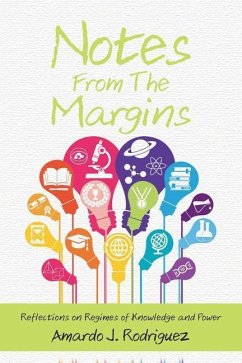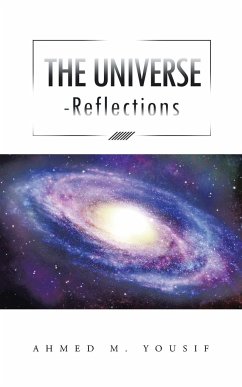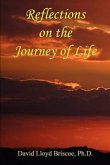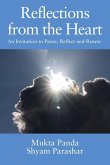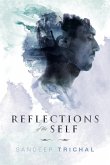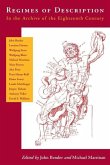This book is about knowledge, knowledge workers, and the enterprise of knowledge. The knowledge enterprise in the western/European world assumes a relationship between knowledge and prosperity; supposedly the more knowledge we create and disseminate, the more prosperity we will achieve. We account for our own supposed civilizational superiority by the fact that we have the largest stockpiles of knowledge, that we are the most committed to producing more and more knowledge workers, and also more and more competent knowledge workers, that we have the most elaborate institutions, structures, and practices to create, analyze, and share knowledge, that we continue to value and prize the labor and industry of knowledge workers, and that other nations and peoples admire and even aspire to have a knowledge enterprise like ours, including all the institutions, arrangements, and practices. In this book I look critically at the making, working, and propagating of this knowledge enterprise, especially the training and qualifying of knowledge workers, the practices and apparatuses that constitute academic excellence, and, finally, the implications and consequences of this enterprise in terms of intensifying a new colonialism.
Hinweis: Dieser Artikel kann nur an eine deutsche Lieferadresse ausgeliefert werden.
Hinweis: Dieser Artikel kann nur an eine deutsche Lieferadresse ausgeliefert werden.

